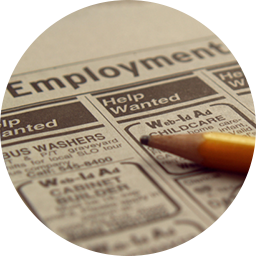The job market has undergone significant transformations with the advent of artificial intelligence (AI), leading to profound changes in the way businesses operate. The advancements in AI technology have revolutionized processes, resulting in cost reduction, improved task efficiency, enhanced productivity through error reduction, and minimized wastage.
While automation has brought substantial benefits to businesses, it has also led to the displacement of certain jobs previously performed by humans. As machines and robots take over these roles, it is crucial for job seekers, whether recent graduates or seasoned professionals, to closely monitor industries and job sectors that may experience reduced human involvement. It is advisable to avoid pursuing careers in these fields to prevent potential obsolescence of human skills.
However, despite the perceived challenges, there is still hope for the future of human work. The evolving workplace landscape creates new opportunities for job seekers who can anticipate and adapt to forthcoming changes. For instance, the increasing prevalence of automation necessitates individuals skilled in programming, maintenance, and servicing to ensure the smooth operation of AI systems. These areas offer potential career paths.
Furthermore, careers focused on soft skills and qualities deeply rooted in emotional intelligence should be pursued. Jobs that rely on creativity and interpersonal interactions cannot be easily replaced by automation or AI. There will always be roles that thrive on human relationships and require the unique "people element" for success.
It is essential to view technological advancements in the workplace as an opportunity rather than a threat. Striking the right balance between human capital and automation is crucial. Instead of fearing AI, we should seek ways to leverage it to enhance our capabilities and augment human potential. The synergy between human skills and AI can lead to remarkable achievements and foster a harmonious coexistence in the modern workforce.








